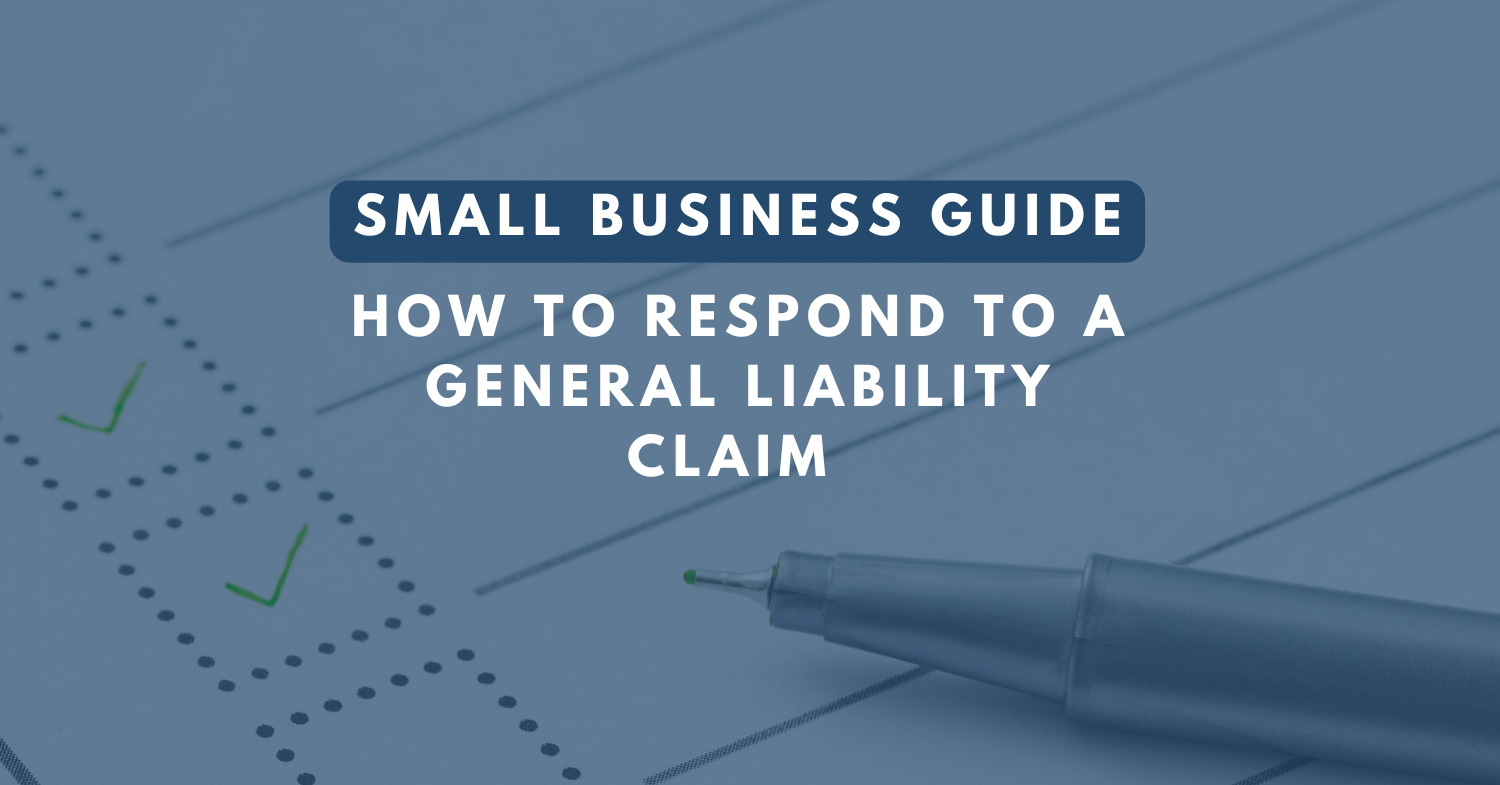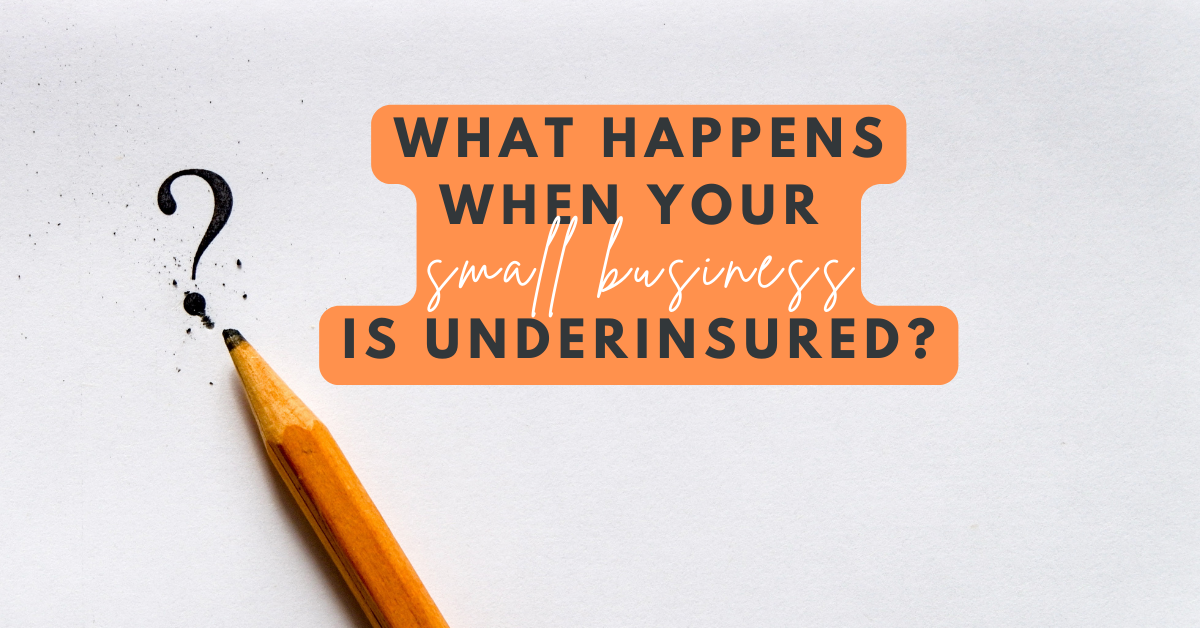The Ultimate Guide to Insuring Business Trailers [10 Types and How to Cover Them]
See How We're Different
or call us: (858) 384‑1506
“If they are licensed for road use, we would not cover under the IM policy. These should be scheduled on the auto policy.”
This is a common response from underwriters when discussing coverage options for business trailers. It underscores the complexity and frequent confusion around how to insure trailers used in business operations properly. Should they be covered under a business auto policy, an inland marine policy, or both? In this guide, we’ll clear up the confusion by breaking down the best ways to insure ten common types of business trailers, ensuring you have the right coverage for every situation.
Understanding Trailer Coverage Options: Inland Marine vs. Business Auto Policies
Now that we’ve highlighted the challenge of insuring business trailers, let’s explore the two primary coverage options available: inland marine and business auto policies. While each has its strengths, choosing the right policy often depends on the trailer’s use, cargo, and mobility. In the sections that follow, we’ll explain how each of these policies works and how they apply to different types of trailers used in business operations.
The Role of Business Auto and Inland Marine Policies
Before we discuss specific trailer types, it’s important to understand how business auto and inland marine policies function within the context of trailer coverage. This foundational knowledge will clarify why one policy might be better suited than the other or why a combination may be necessary.
Business Auto Policy (BAP) Overview
A business auto policy covers vehicles used for business purposes, including liability protection on the road. When a trailer is licensed for road use and attached to a commercial vehicle, it generally falls under a BAP. This policy covers accidents, liability during transport, and sometimes physical damage.
For more detailed insights on business auto insurance, check out our blog posts on business auto policies.
Inland Marine Policy Overview
Inland marine insurance, on the other hand, offers protection for goods, equipment, and trailers in transit or away from a fixed location. It’s particularly valuable when dealing with movable property, high-value tools, or equipment that may not be permanently attached to a vehicle. Inland marine is often used to cover contents and specialized risks beyond what a standard auto policy might cover.
Our in-depth guides here cover more about inland marine insurance and its applications.
Common Scenarios and Real-World Examples
Choosing the right coverage for your business trailers isn’t just about checking a box—it can be the difference between a claim being covered or denied. Here are some real-world examples that illustrate why selecting the appropriate policy matters:
1. The Utility Trailer Theft Case
Scenario: A landscaping company left its utility trailer filled with tools at a job site overnight. Unfortunately, the trailer and its valuable contents were stolen.
Outcome: Since the trailer was covered under a business auto policy, the policy only covered damage or theft to the trailer itself. There was no coverage for its contents. This highlighted the need for inland marine coverage to protect tools and equipment in transit or when left at job sites.
2. Flatbed Trailer Accident Liability
Scenario: A flatbed trailer transporting heavy construction materials detached from the towing vehicle and caused a multi-vehicle accident on a busy highway.
Outcome: Because the flatbed trailer was insured under a business auto policy, the policy responded to cover liability for damage to other vehicles and injuries resulting from the accident. This critical road-related liability exposure would not have been covered if it had been solely under inland marine.
3. Construction Equipment Trailer at Risk
Scenario: A contractor parked a construction equipment trailer at a job site for several weeks. The trailer, loaded with heavy equipment, was damaged by severe weather and vandalism during off-hours.
Outcome: Inland marine coverage was crucial in this case, as it extended coverage to the trailer and its contents while stationary and not attached to a vehicle. This policy provided broader protection that a business auto policy would not have covered.
4. Auto-Hauling Trailer Mishap
Scenario: A vehicle being transported on an auto-hauling trailer suffered damage when it hit a pothole, causing it to shift and collide with the trailer frame.
Outcome: The business auto policy covered the liability for any accidents or damage occurring during transport, while the inland marine policy addressed coverage for the vehicle itself, ensuring both the trailer and its cargo were protected.
Critical Factors in Choosing the Right Coverage
Selecting the right insurance coverage for your business trailers goes beyond choosing between inland marine and business auto policies. It involves carefully assessing your unique business needs, risk exposures, and operational circumstances. Here are the key factors to consider:
1. Assessing Risk Exposure
Understanding the specific risks your trailers face is critical. Consider how frequently your trailers are used on public roads, whether they are left unattended at job sites, and what cargo they carry. Trailers traveling public highways may benefit more from a business auto policy. In contrast, trailers with high-value contents or those left at sites for extended periods may need inland marine coverage.
2. Value of Contents
The value of what your trailers carry plays a significant role in choosing coverage. Inland marine coverage offers protection beyond what a business auto policy typically covers for trailers hauling expensive tools, equipment, or goods. This protects your cargo from theft, damage, or other risks during transit or storage.
3. Cost Considerations
Balancing cost with coverage is essential. Business auto policies often provide essential road-use and liability coverage but may leave gaps in protecting valuable contents. Inland marine policies may cost more but offer broader and more customizable coverage for high-value items. Work with your insurance provider to find a solution that fits your budget without sacrificing necessary protection.
4. Operational Flexibility Needs
Some businesses may find that a combination of business auto and inland marine coverage best fits their operational needs. This approach can provide comprehensive protection, covering road liability and contents-related risks. Consider how dual coverage might protect you against unexpected incidents if you use specialized or high-value trailers.
5. Consulting with an Insurance Advisor
Navigating the complexities of trailer insurance is challenging, especially with the risks faced by different trailers. Consulting with a knowledgeable insurance advisor can ensure you receive tailored recommendations based on your business needs. An experienced advisor will help you optimize coverage, avoid unnecessary costs, and gain peace of mind knowing you’re protected.
At Fusco Orsini & Associates, we specialize in helping businesses like yours find the right balance of coverage for their unique operations. Complete the form below to connect with our team today for a consultation and learn how we can tailor solutions that fit your business’s needs and budget.







